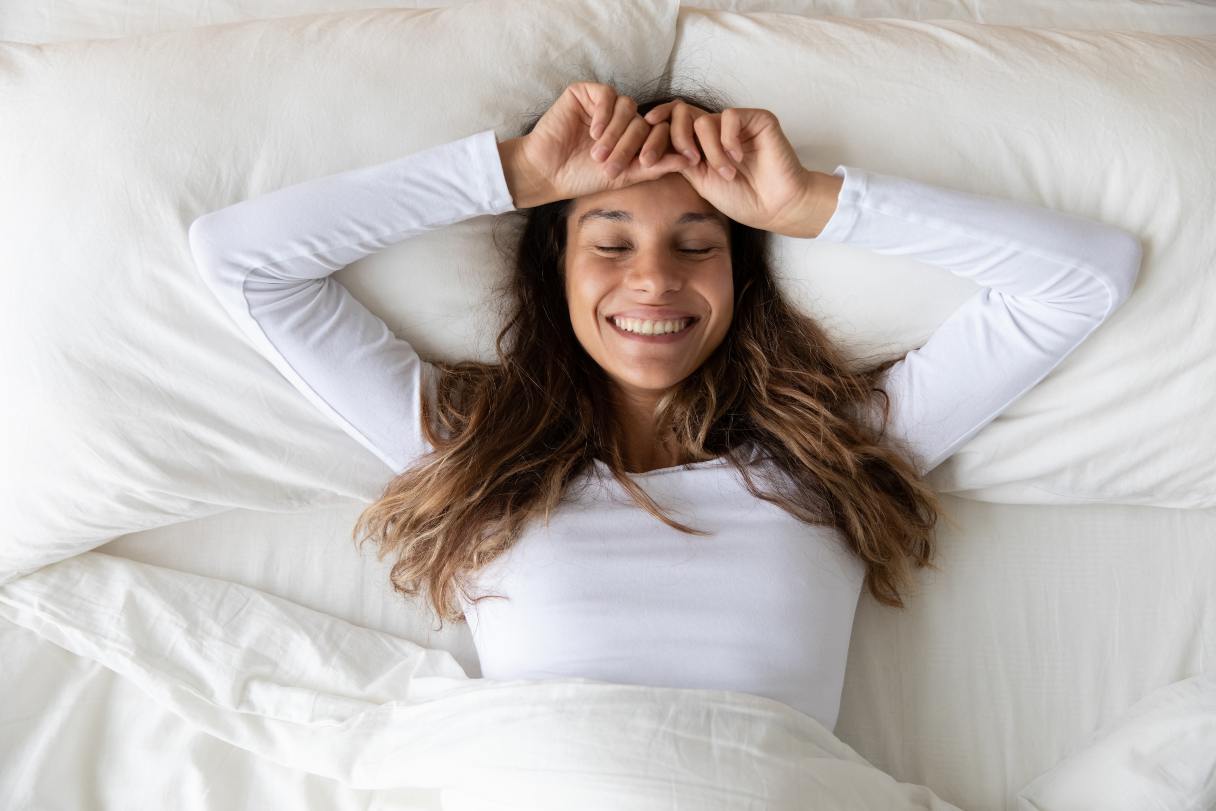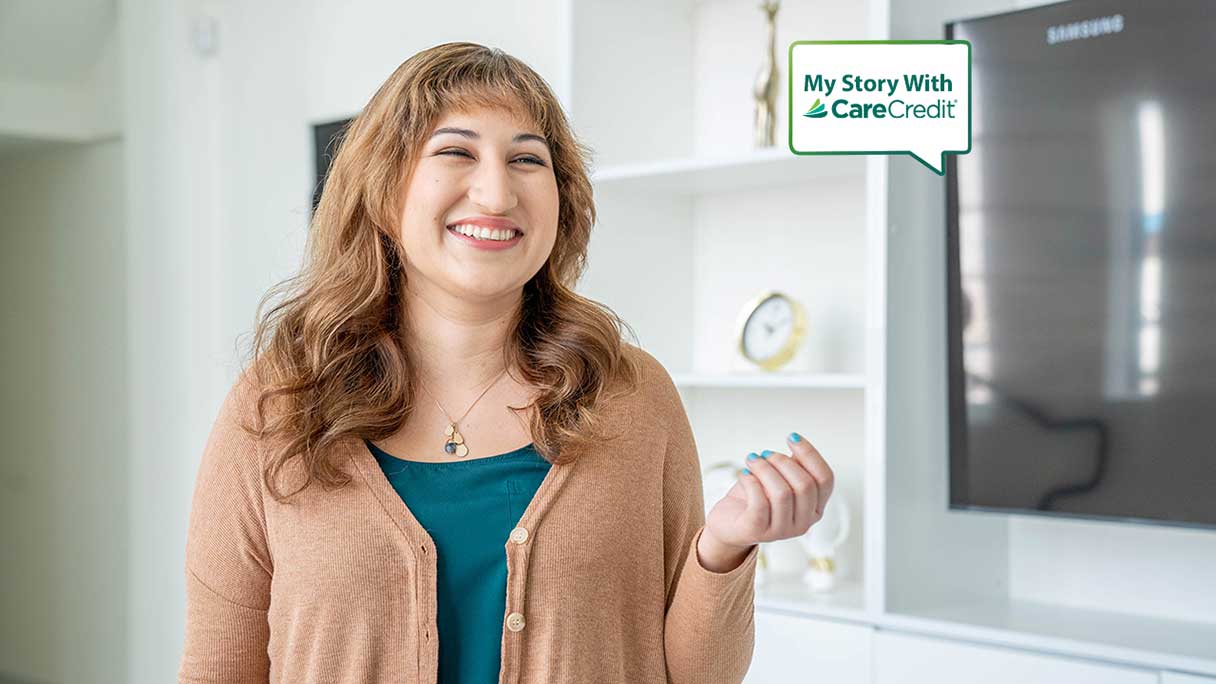In the United States, 50 to 70 million people have ongoing sleep disorders.1 In fact, according to one study, only about 30% of Americans reported getting very good sleep at night.2
With sleep problems being so systemic, sleep specialists play a vital role in keeping society healthy. But what exactly do they do? And how do you know if you need a sleep specialist? This guide will walk you through everything you need to know about the profession and when to seek help.
What Is a Sleep Specialist?
Sleep specialists are typically board-certified sleep medicine doctors, but they may also be board-certified Ph.D.s, such as psychologists.3 Through 2006, the American Board of Sleep Medicine offered a sleep medicine certification exam for both medical doctors and non-physician Ph.D.s.4 Those who passed received the title "Diplomate of the American Board of Sleep Medicine."
Since 2007, the sleep specialty exam has been offered only to medical doctors every other year by the American Board of Medical Specialties®.4 In order to qualify, doctors must complete a yearlong sleep medicine fellowship.5 Most sleep specialists are from specialties such as psychiatry, neurology, pediatrics, anesthesiology, internal medicine, family medicine and otolaryngology (head and neck surgery).4
Depending on the cause of your issues, you might also be helped by advanced practice registered nurses or physician assistants; behavioral specialists like psychologists; dentists; sleep technologists who help with diagnostic tests; or even sleep surgeons.6
What Does a Sleep Specialist Do?
A sleep specialist helps you better understand and diagnose your sleep issues. When it comes to sleep disorders, there are about 88 different kinds, so you may need a series of tests or checkups before knowing which treatment is right for you.3 Determining the exact cause of your issues could take time.
At your first appointment, your specialist will talk with you about your medical history, ask questions about your sleep and perform an exam.7 If you can, try tracking your sleep for a few weeks before your appointment. Write down any symptoms you notice, such as what time you go to sleep and wake up; how long it takes to fall asleep; what you eat or drink during the day; what interrupts your sleep (do you wake up coughing or from nightmares); and the like.8
Also ask the doctor what types of diagnoses they think may fit your symptoms and the testing options available, along with possible treatments.7 Sometimes, you won't need a test at all, and your doctor may start by prescribing medication or referring you to a different specialist, like a dentist or psychologist.3
If you participate in a sleep study, you'll be recommended a treatment depending on your diagnosis.9 Treatments might include a CPAP (continuous positive airway pressure) machine if you have sleep apnea, supplements like melatonin, recommendations for changing your sleep routine, cognitive behavioral therapy or light therapy.9 Or, you might get prescriptions, such as medicine for restless leg syndrome, stimulants for narcolepsy or sleep aids for insomnia.9
Types of sleep studies
There are a number of different sleep studies your specialist might suggest, including:
- Polysomnography. You'll stay overnight in a clinic where vitals such as eye movement, brain activity, airflow, blood oxygen levels, snoring, heart rate and body movements are monitored.10 You'll be sleeping with about 25 electrodes attached to your body.3
- CPAP titration. This study helps program a CPAP for sleep apnea. You'll either do this during a second sleep study or it will be part of your initial polysomnography if sleep apnea was already a probable diagnosis.10
- Multiple sleep latency test. This measures how quickly you fall asleep or how fast you enter REM sleep if napping. You may be given this test if narcolepsy is suspected.10 This can be done with a polysomnography.11
- Positive airway pressure (PAP) test. This is a daytime nap study that helps people who need PAP therapy but are anxious about it or need help tolerating it better.11
- Home sleep apnea test. This home test measures your breathing, heart rate and other vitals, but it's less in-depth than a sleep clinic test.10
- Measurement of wakefulness test. This will test how well you can stay awake if you don't get much sensory stimulation.11
When Do You Need to See a Sleep Specialist?
If your sleep problems are lasting longer than a few months and they're interfering with your daily life, it's time to get help.7 Sleep deprivation is bad for your health. It's linked to serious health issues like heart disease, diabetes, stroke, obesity, high blood pressure and more.1 It can also put you at greater risk of injury, car crashes, falls, trouble focusing and social issues like irritability or anxiety.1 That's why you shouldn't ignore any problems you might have sleeping.
You may consider visiting a sleep specialist if you're exhibiting the following symptoms:
- Struggling to stay awake at work, school or when you're driving7
- Trouble falling asleep, or waking up in the middle of the night7
- Snoring loudly or kicking your legs a lot when you're sleeping11
- Trouble concentrating or remembering things11
- Waking up groggy even if you had a full night's rest12
- Waking up gasping for air or choking12
- Sleepwalking or talking in your sleep12
How Much Does a Sleep Specialist Cost?
The cost of seeing a sleep specialist varies depending on what type of sleep study you need (if any).13 First, you'll have the cost of an initial appointment, but that's the least expensive part.13 If your study is done at home, it could be $150 to $1,000 or more. But if you're needing an in-lab, overnight study, the cost can range from $1,000 to $10,000 or more.13 You might also find yourself with bills for treatment and follow-up appointments.
Does Insurance Cover the Cost of Sleep Studies?
Health insurance may sometimes cover at least part of the cost of a sleep study, as long as it's deemed medically necessary.13 Medicare often covers 80% of a sleep study or PAP titration, after your deductible.13 Private insurance varies more widely. You'll need to call your provider to make sure the study is covered and the clinic is in your network.
If your sleep study isn't covered by your insurance, or if you're left with a large bill based on your deductible or out-of-pocket maximum, then you may ask the provider about other programs that may be able to help you pay or consider financing options. like the CareCredit credit card.
How to Find a Sleep Specialist Near You
If you think you need to see a sleep specialist, start by visiting your primary care doctor.12 Your doctor can assess your symptoms and determine if a sleep specialist is right for you. They may also have a recommendation for a specific specialist who is in your insurance network.
If you're interested in finding your own sleep specialist or clinic, the American Academy of Sleep Medicine™ offers a directory of accredited sleep centers organized by state.14 Keep in mind that some sleep specialists and clinics won't accept patients without a doctor's referral.12
Helpful Tips for Getting Better Sleep
Whether you are struggling to fall asleep faster or stay asleep, there are a number of things you can do. Whether you've seen a sleep specialist or are waiting for an appointment, these tips can help.
- Keep your bedroom cool, between 65 to 68 degrees Fahrenheit.8
- Block out light with blackout curtains or a sleep mask, and sound with earplugs or noise-canceling headphones.8
- Have a routine that includes going to bed and waking up at the same time each day.8 Consider other bedtime rituals like a warm bath, reading or listening to calming music as you're winding down.9
- Keep naps short: 20 minutes or less.8
- Avoid habits at night that can hurt your sleep, like caffeine after 2 p.m.8 or screen time before bed.9
- Try to go outside for natural sunlight during the day8 and get exercise (but not less than four hours before bedtime).9
Not getting enough sleep can be harmful not only to your health but to your social life and work life as well. If you have any concerns at all about how much rest you're getting, it's time to talk to your doctor about seeing a sleep specialist. With the right treatment, your quality of life can improve significantly.
Managing Health & Wellness Costs With the CareCredit Credit Card
If you are looking for an option to help manage your health & wellness costs, consider financing with the CareCredit credit card. The CareCredit card can help you pay for the care you want and need and make payments easy to manage.* Apply today and use our Acceptance Locator to find a provider near you that accepts CareCredit. Continue your wellness journey by downloading the CareCredit Mobile App to manage your account, find a provider on the go and easily access the Well U hub for more great articles, podcasts and videos.
Author Bio
Stephanie Dwilson specializes in science journalism, breaking news and animal health and is a business owner, non-practicing attorney and writer.







